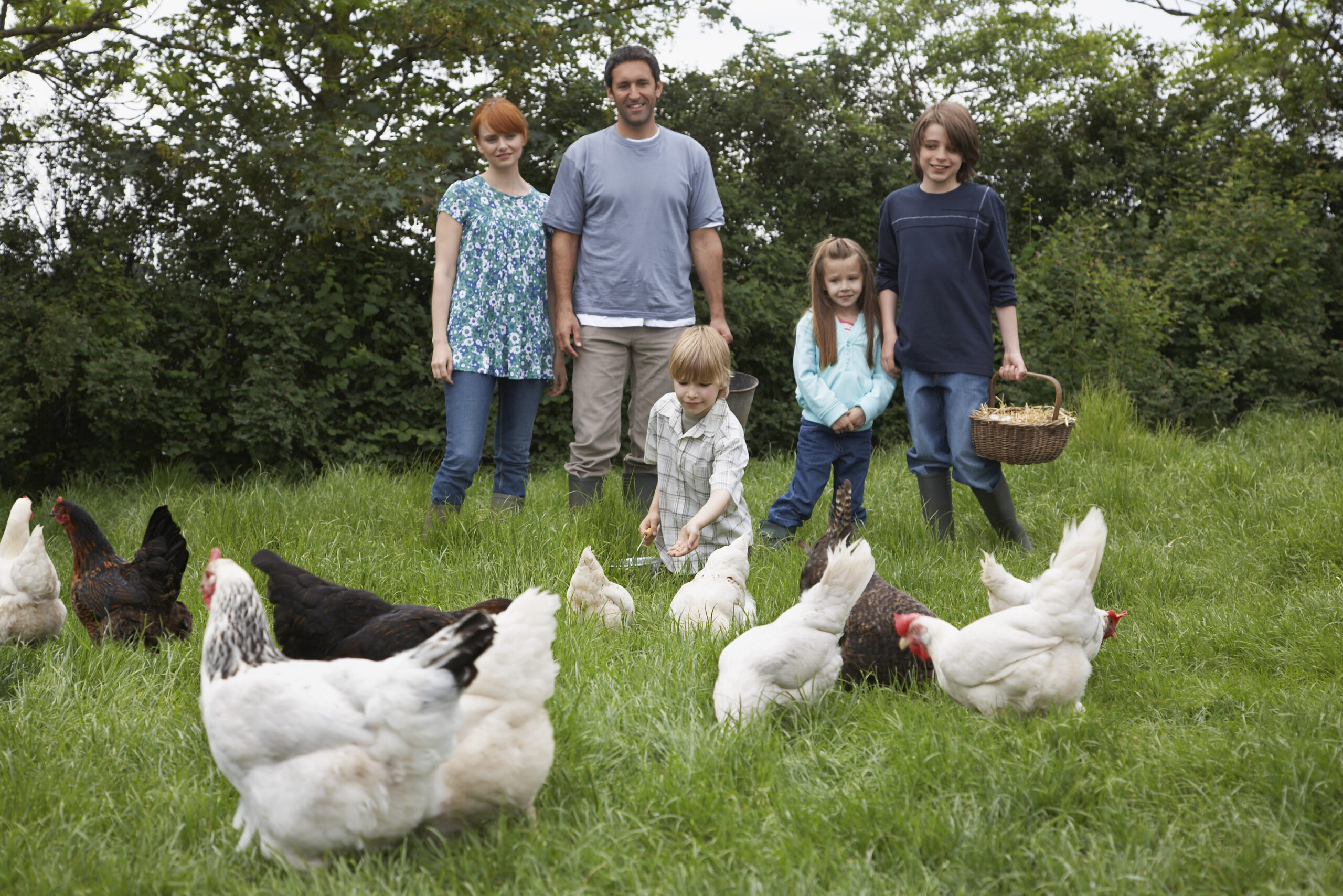Lockdown increases interest!
Amongst all the stories emerging of how people are coping with the impact of the coronavirus crisis, the sudden surge in interest in families becoming more self-sufficient and growing more of their own food, is perhaps not surprising.
Whilst digging up the lawn to plant a potato crop or filling a greenhouse with grow-bags for tomatoes are great for fibre in the diet, what about protein? For many, the answer appears to be eggs from their own hens, as they become an increasingly popular pet at present.
The joy of hens
In this first part of our blogs about keeping hens in your garden, we take you through the simple steps of building up your own little flock of layers and with shopping for food a challenge, holding a freshly laid egg in the hen coop erected in your own garden will be one life’s great rewards.
It will remind you of the simple pleasures that can help slow life down and that’s to say nothing of the nutritious fresh eggs, so much better than the shop-bought ones you used to make do with.
And don’t forget the additional benefit of letting hens wander freely around your garden, in their role as one of nature’s finest natural bug killers. They can be strong-willed and fear little, so picking the right breed will help ease you into the joys of keeping hens.
Getting started
Before you decide to fill your garden with hens, let’s first look at the legal implications, there aren’t too many, but it’s worth taking note.
Firstly, check your property’s title deed or your tenancy agreement for restrictive covenants preventing you from keeping of hens and it’s worth checking with your local authority to ensure there are no byelaws that might stop you.
You might enjoy the sound of your hens clucking around the garden, but their noise could become a nuisance, if you keep them close to another house, so be careful when siting your coop.
Do not feed them scraps
It is often said that hens will eat just about anything and feeding them kitchen scraps and leftovers from your family meals, both feeds the hens and cuts down on waste. But in the UK it is illegal, because of the potential for contamination from domestic kitchens, which could lead to disease transference to humans, typically in the form of Salmonella.
Feeding your hens with cabbage leaves from your vegetable patch is ideal, but not if you have cooked with them and throw them in the hens feed – stick to composting your food waste.
Also, in the UK the law demands you register your flock with the GB Poultry Register if you have 50 birds or more. If like most pet owning families you have fewer than 50, it still makes sense to voluntarily register your birds so you will be informed of any disease outbreaks.
If you keep fewer than 50 birds, you can sell any excess eggs, without marking or grading them, but you will have to provide your name, address, the best before date and advice on keeping eggs after purchase.
Finally, while it’s easy to imagine looking after hens while you’re at home all day, remember, looking after hens properly will require time and effort. You should also consider what you will do when you go on holiday, or fall ill, as it can be tricky to find someone prepared to care for hens.
In part two, we’ll look at the welfare of hens, the choice of breed and the space you’ll need for their coop, so look out for that next week and in the meantime, take a look at our range of poultry products, you might just need to know all about them!





